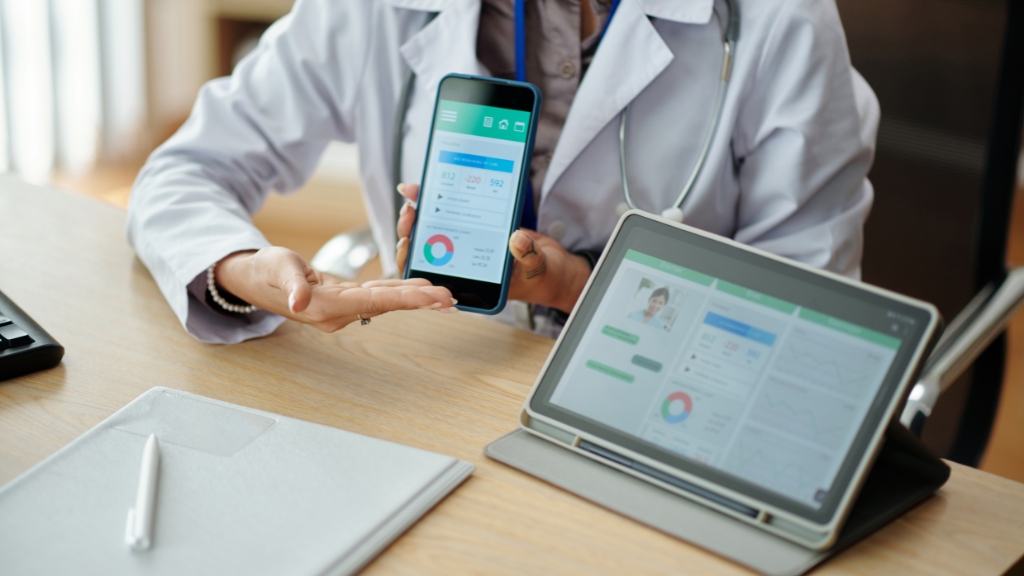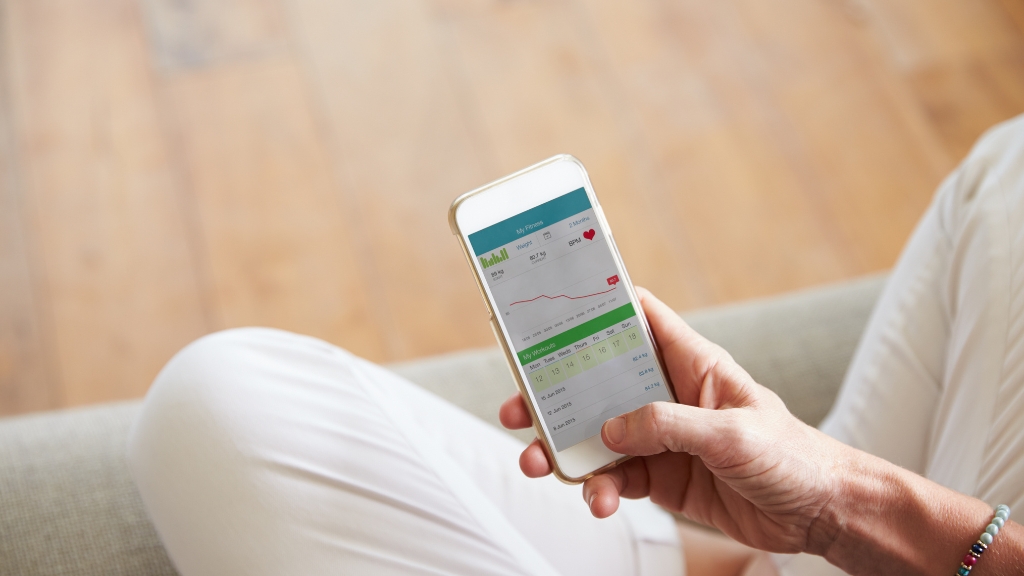
Data Security and Privacy in Healthcare Apps: What You Need to Know
Healthcare apps are transforming how people manage their health and access medical services. However, as these apps gather vast amounts of sensitive personal information, data security and privacy have become critical concerns. Users must understand how these apps handle their data and what measures are in place to protect it.
The Types of Data Collected by Healthcare Apps
Healthcare apps collect a wide range of personal information, including:
- Health Data: Information on vital signs, symptoms, medical history, medication, and lifestyle.
- Personal Identifiable Information (PII): Name, age, contact information, and location.
- Usage Data: Behavioral information such as how often and how the app is used.
Risks Associated with Healthcare Apps
The sensitive nature of health information makes it a valuable target for cybercriminals. Data breaches can lead to:
- Identity Theft: Personal data, such as Social Security numbers or medical history, can be stolen and used for fraud.
- Unauthorized Data Sharing: Some apps, like advertisers, may share data with third parties without users’ explicit consent.
- Inadequate Security Protections: Weak encryption, improper data storage, or unprotected transmission channels can lead to data leaks or breaches.
Regulations Governing Healthcare Data Privacy
Several regulations set standards for data security and privacy in healthcare apps:
- HIPAA (Health Insurance Portability and Accountability Act): In the US, HIPAA regulates how health information is handled. It requires healthcare apps to implement stringent security measures if they’re associated with healthcare providers.
- GDPR (General Data Protection Regulation): The GDPR, applicable in the EU, protects personal data and requires transparency in how apps collect, store, and use information.
- CCPA (California Consumer Privacy Act): Similar to GDPR, CCPA provides California residents with rights over their data, including the right to know how data is collected and used.
Best Practices for Data Security in Healthcare Apps
To ensure data security, healthcare apps should follow these best practices:
- Encryption: All data transmitted between the app and servers should be encrypted to prevent interception.
- Authentication Mechanisms: Multi-factor authentication (MFA) adds a layer of security, ensuring only authorized users can access their accounts.
- Data Minimization: Apps should only collect necessary information, reducing the amount of sensitive data stored.
- Regular Security Audits: Periodic audits help identify vulnerabilities and ensure that security protocols are current.
User Rights and How to Protect Personal Data
Users can take proactive steps to safeguard their data:
- Review App Permissions: Avoid apps that request excessive permissions, wildly if unrelated to their functions.
- Check Privacy Policies: Ensure the app complies with relevant regulations and provides clear information on data handling.
- Enable Security Settings: Opt for MFA and other security features if available.
Conclusion
As healthcare apps become more integral to health management, developers and users must prioritize data security and privacy. By implementing robust security measures and understanding regulatory obligations, healthcare apps can continue to provide valuable services while protecting user data.
FAQs
- Are healthcare apps secure?
Many apps implement strict security protocols, but users should verify that they comply with data protection regulations like HIPAA or GDPR. - Can healthcare apps share my data with third parties?
Some apps may share de-identified data for research or advertising purposes. Check the app’s privacy policy for details. - What steps can I take to secure my data?
Enable two-factor authentication, review app permissions, and read privacy policies before installing. - Is my health data regulated under HIPAA?
Only if the app is used by healthcare providers or linked to insurance companies. - What if my data is compromised?
Report the breach to the app provider and take necessary steps, like changing passwords or monitoring financial accounts.
Leave a Reply
- AI in Diagnostics: Revolutionizing Early Detection and Accuracy
- How AI and Advanced Analytics Are Transforming Healthcare Outcomes
- Investing with Confidence: The Role of ROI Calculators
- How ROI Calculators Drive Data-Driven Business Strategies
- The Ultimate Guide to ROI Calculators for Business Success
- Making Sense of ROI Calculators: A Comprehensive Guide
- June 2025 (1)
- May 2025 (1)
- October 2024 (2)
- September 2024 (31)
- August 2024 (31)
- July 2024 (27)
- June 2024 (28)
- May 2024 (30)
- April 2024 (33)
- March 2024 (23)
- February 2024 (29)
- January 2024 (3)
- December 2023 (47)
- November 2023 (36)
- October 2023 (23)
- September 2023 (2)
- June 2023 (2)
- May 2023 (13)
- April 2023 (1)




